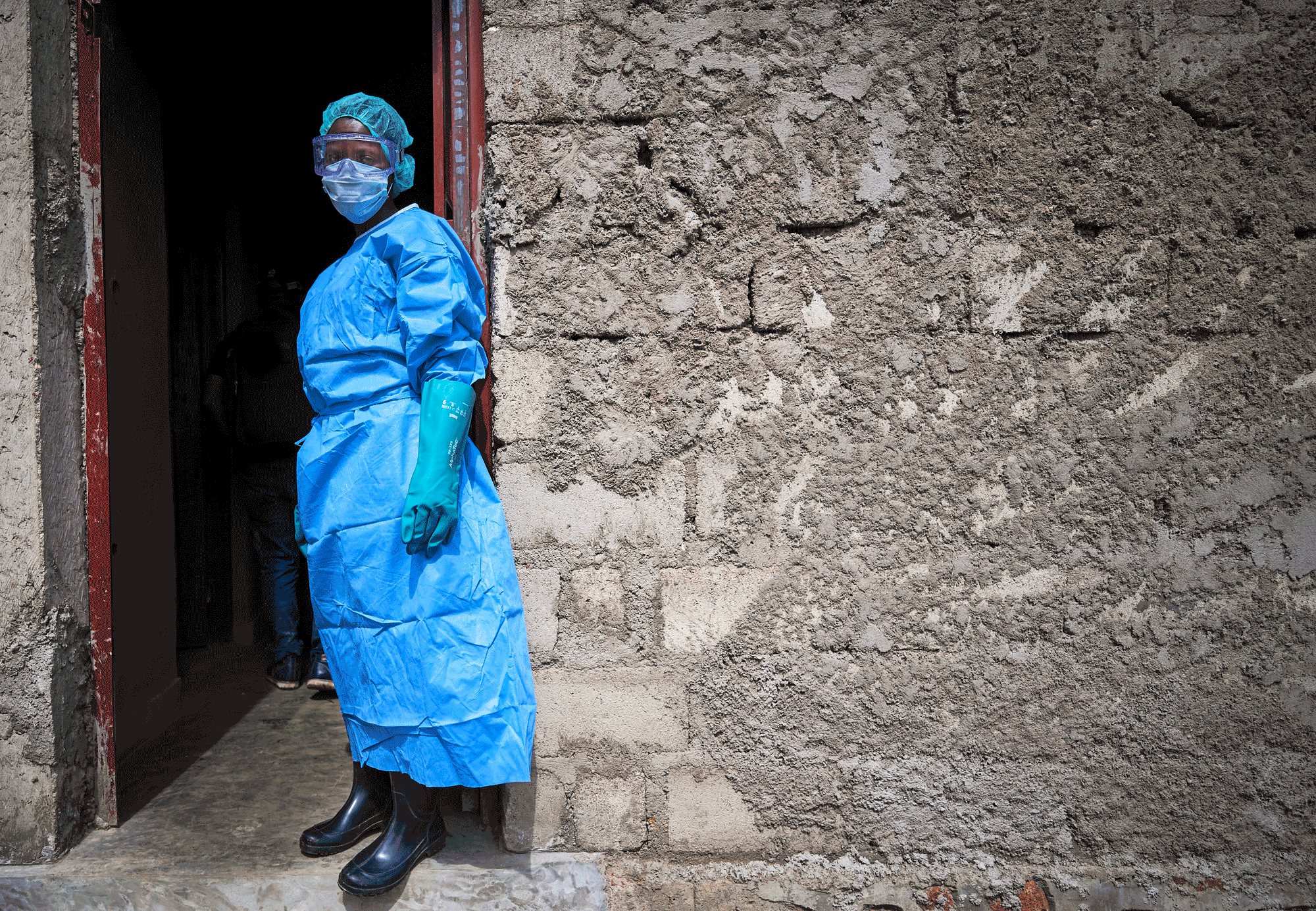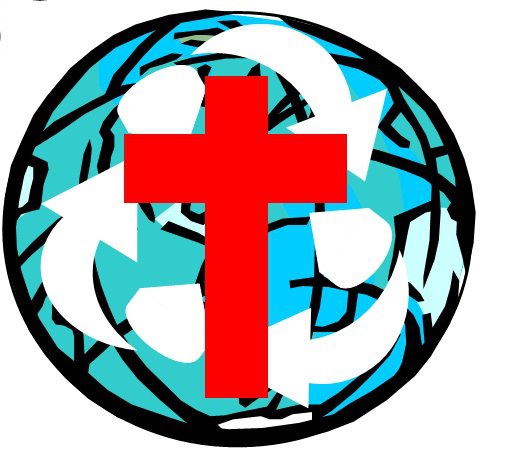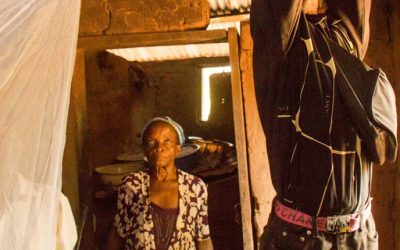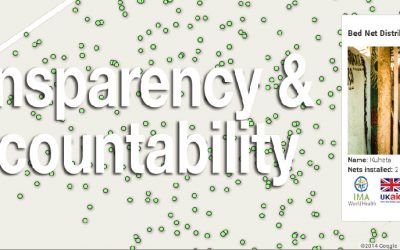Ebola Virus Disease
IN NORTH KIVU AND ITURI
Strengthening community prevention, response, and recovery.
Combatting Ebola in Eastern DRC
The current Ebola outbreak remains the largest known outbreak in the DRC and the second-largest global outbreak. As of January 2020, there have been more than 3,417 cases and 2,240 deaths. Since the outbreak began in August 2018 it has spread to four provinces and 28 health zones. Ongoing and recent security incidents threaten to contribute to the increasing incidence of the disease. The USAID/OFDA project implementation environment presents significant challenges for conducting effective surveillance and monitoring of persons exposed to Ebola, disseminating key messages to reduce the risk of transmission, and ensuring facilities possess the supplies and infrastructure they need to screen patients and prevent infection.
Program Overview
The USAID/OFDA Ebola Virus Disease (EVD) in North Kivu and Ituri program is a comprehensive EVD prevention and response program. It addresses the issues of impeded access to health services, lack of trust and communication around the disease, and inadequate prevention and control measures in 10 health zones of the Eastern DRC. With its partners Tearfund and local non-governmental organization (NGO) Programme de Promotion des Soins de Santé Primaires (PPSSP), IMA implements a four-prong program that addresses urgent needs to end the EVD epidemic:
1. Community outreach and mobilization with MOH/UNICEF-supported outreach teams
Trained community health workers provide evidence-based EVD prevention and treatment messaging and enhanced surveillance in their communities.
2. Contact tracing, in association with MOH/WHO-supported Surveillance Teams
Trained community health workers support formal surveillance team visits to households of index clients and conduct contact tracing.
3. Health facility-based infection prevention and control
Equipped 76 health facilities with infection prevention and control materials, including the provision of personal protective equipment, and provides supportive supervision and oversight to ensure compliance with infection and prevention control procedures.
4. Water, Sanitation, and Hygiene (WASH) and waste management support in health facilities
Includes rapid and cost-effective refurbishment and repairs to WASH infrastructure.
Implementation Period
October 12, 2018 to October 31, 2019
Duration
12 months
Project Cost
$4,752,483.00
Donor
USAID’s Office of Foreign Disaster Assistance
811 health workers trained
Doctors, community health workers, and health facility staff were trained in community surveillance, contact tracing, and supply chain management.

75 health facilities supported
IMA’s multi-prong approach ensured that 75 high-risk and remote health facilities possessed the supplies, training, and community surveillance network to quickly detect potential EVD cases, prevent intra-facility transmission, and diagnose them.

7,810 contact persons reached monthly
IMA engaged its network of local, faith-based organizations to enhance Ebola response capacity, increasing active surveillance (contact tracing) in local communities.
Number of Health Care Staff trained
Number of people trained in medical commodity supply chain management
Number of CHWs supported (total within project area and per 10,000 population)
Number of CHWs conducting public health surveillance
%
Number and percentage of community members who can recall target health education messages
Number of households visited by a community health worker as part of behavior change efforts
Number of community members who received an evd-associated message delivered by a community health worker
Number of water sources and latrines repaired or rehabilitated at target health facilities
Number of triage centers and Isolation and Changing Rooms erected at target health facilities
Map
EVD response in 10 health zones in north kivu and ituri provinces
Epidemic Curve by Active Health Zones
Data retrieved from the World Health Organization.

Partners
IMA worked with Tearfund and local non-governmental organization, Programme de Promotion des Soins de Santé Primaires (PPSSP), to implement the EVD in North Kivu and Ituri project.




Christivie Mulonda, a 5-year old survivor of Ebola, sits in the doorway of her family’s home in Beni, a city in eastern Democratic Republic of the Congo that has been hard hit by the Ebola outbreak that began in 2018. Although the virus left her an orphan, she survived in part because of intervention by community health promoters from the Programme de Promotion de Soins Santé Primaires, a local faith-based partner of IMA World Health. (Credit: Paul Jeffrey/IMA World Health)
read more about our continued work to end the ebola epidemic
Over 3,000 Bed Nets Successfully Distributed in Nyanga, DRC and More to Come!
The ASSP Project’s pilot bed net distribution in Kabola Health Area in Nyanga was successfully...
IMA DRC Revolutionizing Bed Net Distributions and Taking Accountability to Another Level
It is an exciting time at IMA DRC as we are coming to fully understand what is possible with our...
Staff Q&A with Antonio Nevada Martinez
What is your title at IMA? Consultant in Architecture and Solar Power How long have you been...
QUICK CONTACTS
Recent Posts
Over 3,000 Bed Nets Successfully Distributed in Nyanga, DRC and More to Come!
The ASSP Project’s pilot bed net distribution in Kabola Health Area in Nyanga was successfully implemented, with over 3,000 nets distributed and hung up in over 1,000 households. The team had planned for a total of two days for the registration and distribution to be...
IMA DRC Revolutionizing Bed Net Distributions and Taking Accountability to Another Level
It is an exciting time at IMA DRC as we are coming to fully understand what is possible with our new method of data collection. As we begin to process the data we have collected in Nyanga Health Zone, new ways of communicating our findings are coming to light. One of...
Staff Q&A with Antonio Nevada Martinez
What is your title at IMA? Consultant in Architecture and Solar Power How long have you been working for IMA? Since July 3, 2013 Where do you live? Kananga, Kasai Occidental, R.D.C. What does your job entail on a daily basis? Designing buildings and solar panel...





